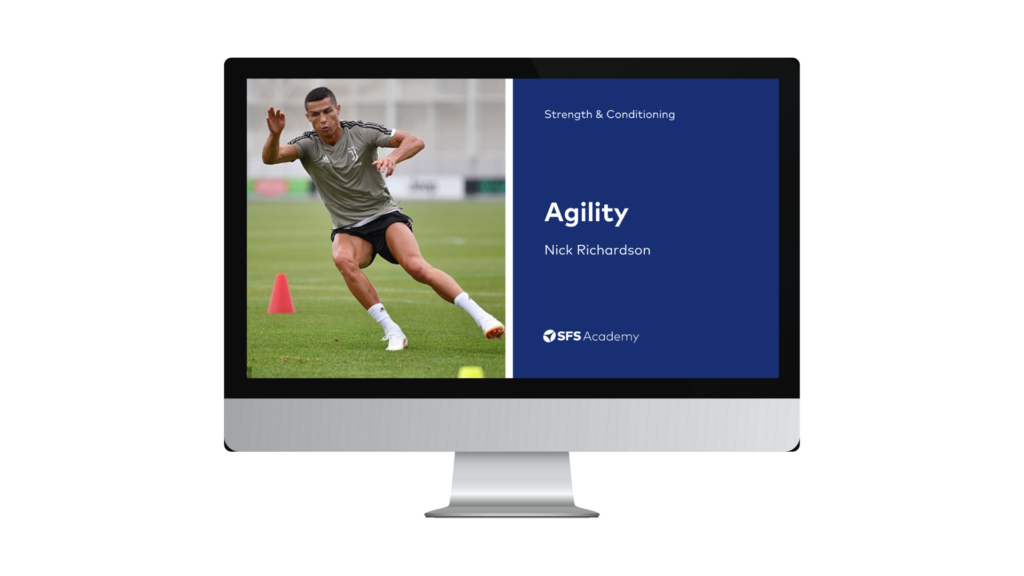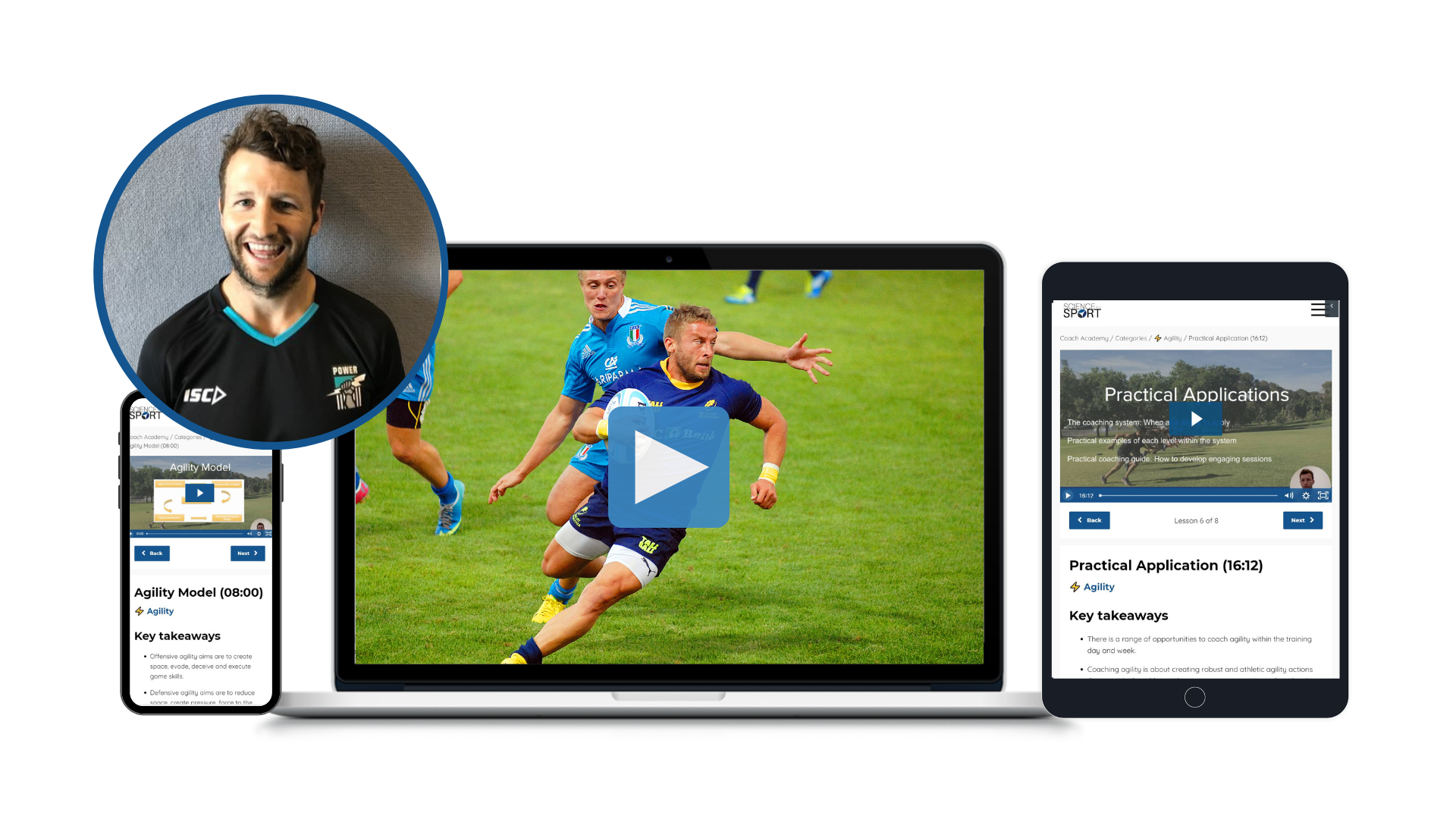Cannabidiol: What is it, what does the research say, and should athletes be using it?
There’s no doubt the link between cannabidiol and professional athletes is big and it’s happening right now. But what does the science — and the law — have to say?
Cannabidiol: A brief introduction
In the sports nutrition world, unless you have been living underneath a rock the last few years, you would have heard about athletes either using or selling cannabidiol (CBD). In the United Kingdom (UK), England rugby players own companies selling it, while high-profile US soccer player Megan Rapinoe uses it in her training regime and promoted her sister’s CBD product company during a Forbes.com interview.
If Forbes.com isn’t big enough, the biggest sporting event of them all, the Olympics in Japan, was labelled by some media outlets as the first ‘CBD Olympics’. There were many stories shared of athletes using CBD in the months leading into the Games – for example, Rapinoe said she used CBD to boost her performance.
There’s no doubt the link between CBD and professional athletes is big and it’s happening right now.
The prevalence of use is large, and work performed here in the UK by a colleague of mine, Andreas Kasper, shows an alarming trend in professional rugby players. In their study published last year, more than 500 professional players were anonymously surveyed on their use of CBD and the reasons why they were turning to it. A quarter had either tried CBD during their playing career or were currently taking it, with almost 40% of players aged above 30 being in this category. Many of the players were getting their information about CBD from either the internet (73%) or a teammate (61%). This wouldn’t be so bad if they were cross-checking this information with the club nutritionist or dietician, however only 16% of players were seeking help with qualified practitioners.
It baffles me why athletes wouldn’t seek the advice of qualified individuals within their club. This is addressed in the paper by Kasper et al., where they explain this might be occurring because athletes do not have complete trust or feel they cannot approach practitioners to ask for advice. Time for us nutritionists and dieticians to build better trust with our athletes, so they feel comfortable enough to approach us in these situations.
Is cannabidiol oil legal?
Evidence suggests CBD use has increased exponentially which is likely due to both its removal from the World Anti-Doping Agency (WADA) prohibited list (WADA, 2018) alongside the evolving legal landscape. Without going too deep into the political side of things, the legal landscape is complicated and varies from country to country, and within the US, even varies from state to state.
In the UK, CBD is currently legal to be sold as a supplement providing the CBD comes from hemp, that the final product contains < 1 mg of THC, and that no medical claims are made surrounding its use. The UK has also classified CBD as a ‘novel food’, meaning companies wanting to continue to sell CBD were required to have submitted and had their Novel Foods Application validated by March 31, 2021.
What is CBD?
The cannabis plant itself contains more than 140 cannabinoids, with the most notable being tetrahydrocannabinol (commonly referred to as THC) and cannabidiol.
THC has been identified as the main cannabinoid responsible for the psychotropic effect of cannabis. So, if you have ever smoked it and felt a little light-headed, that was the THC! But CBD itself has been cited as a non-intoxicating constituent of the cannabis plant with potential therapeutic value.
The endocannabinoid system (ECS) aims to regulate homeostasis within the body and is vital in modulating the central and peripheral nervous systems, as well as the gastrointestinal tract, the endocrine, immune and reproductive systems. When consumed orally, cannabinoids are metabolised in the liver and trigger some clever little receptors called CB1 and CB2 which then work their magic in activating many kinases and channels.
Recently, Professor Graeme Close has been conducting some interesting studies in this area of research. Graeme is a professor of human physiology from Liverpool John Moores University in England and in his younger years was a professional rugby player. He has become very excited by CBD in the past few years, although in an article he published he admitted the research on how CBD works within the body was still not well understood. Additionally, due to many compounds within the cannabis leaf, there are many potential interactions which may be occurring which we do not know enough about. For example, the perceived pain relief effect reported in products containing CBD might be due to THC being present, rather than CBD alone. But the therapeutic potential of cannabinoids in a sporting context is particularly exciting given the ability to interact with the body’s own endocannabinoid system.

So why are athletes so keen to use CBD?
You only have to Google ’athlete and CBD use’ then hit the news tab to see many articles with current or retired athletes partnering with CBD companies. From basketball players to boxers, it seems one of the attractions for athletes wanting to get involved in this industry is due to its valuation of $US55 billion by 2028.
But why is this such a booming industry? Primarily because there are many claims of CBD helping with pain, sleep, anxiety and even concussion. If you are a nutritionist or even sport scientist, at some point in your career you would have spoken to an athlete regarding one of these areas. With this in mind, let’s see what evidence there is for each one of them.
Pain
Symptoms of exercise induced muscle damage (EIMD) and impact induced muscle damage (IIMD) are common in most sports. For example, runners who spend hours on end pounding the tarmac will experience EIMD from frequent and consistent muscle contractions. Athletes who are involved in physical collisions sports like rugby, American football and ice hockey, will experience EIMD but also IIMD.
Think about this… a typical rugby player weighs about 100kg – this is the same as a commercial fridge. Normally one player will run into two or three defensive opponents trying to tackle him and get the ball. This is 100kg running full steam into 200-300kg of human wall, so a combined impact of 300-400kg. Is it any wonder collision-based players experience pain after competition?
One route to try and support recovery from pain is through nutrition. Protein, amino acids, polyphenols, omega-3 fatty acids, creatine and vitamins C, D and E have all been shown to support recovery from pain, with beneficial supporting literature.
Outside of nutrition, non-steroidal-anti-inflammatory drugs (NSAIDs) are also regularly taken by athletes in an attempt to try support pain management, however if consumed chronically, NSAIDs can upset the stomach, cause headaches and constipation – none of what we want for our athletes! This is where CBD enters the arena as a potential alternative pain-relieving option.
Interestingly however, the majority of studies which have investigated CBD on models of pain have been completed in animal models. Research with humans is limited and at present it is too early to support CBD use as an alternative to standard pain medication in athletes.
Sleep
Sleep disruption (less than seven hours of sleep) appears to be more common in athletes than the general population. Many professionals working with athletes have had countless conversations in regards to their sleep hygiene (i.e., phone use prior to bed, bright lights in the bedroom, caffeine consumption in the evening). Sleep is an obvious area to improve to help athletes recover from their training and competitions.
Although many athletes have shared anecdotal reports of sleep benefits from CBD consumption, in 2018 a placebo-control, double blind cohort study suggests there is no benefit, or even negative effects of CBD on sleep. The summary here then is that before we can be confident of any possible beneficial effects of CBD on sleep, more placebo-controlled studies need to be completed.
If you are interested in improving sleep with your athletes outside of CBD, then check this fantastic article out.
Anxiety
Being a professional athlete is nerve-racking at the best of times, let alone during major competitions or important matches. This in turn can result in athletes being over-aroused, not wanting to eat and losing sleep. Even one of the best tennis players of all time, Roger Federer, gets nervous and anxious!
Like sleep, at present, the literature regarding CBD and anxiety is ambiguous. Outside of CBD use, practitioners may suggest visualisation techniques, rehearsals or athletes participating in more practice to master a skill they may be anxious about. One of the world’s best football players ever, Cristiano Ronaldo, is a big fan of visualisation to improve performance.
Concussion
Imagine being blindsided (great film by the way) by a tackle in rugby or American football. Or crashing your F1 vehicle into a wall at 150kmh. The violent blow to the head or shaking results in dramatic changes in neurochemicals inside the brain, which cause the common side effects of concussion – for example, headaches, dizziness, nausea, and poor balance to name a few.
Unfortunately, although some media outlets claim concussion can be alleviated by CBD use, there has actually only been one study directly assessing the effects of CBD supplementation on the treatment of brain injury. Guess what – the study was conducted in mice! Now although our furry little friends might get a concussion from running into three of their furry little friends, I think you will agree with me that this cannot be translated into the human population just yet. Although the mice study may show reduced inflammation in their little brains, the exact mechanism by which CBD works is still not understood.
Although this is an exciting area of work, much more research needs to be done, particular in human trials.
[optin-monster slug=”nhpxak0baeqvjdeila6a”]
Anti-doping rule violation risks
The reason Sha’Carri Richardson was banned for the Tokyo Games was due to her urine sample containing THC levels above the current threshold. According to the World Anti-Doping Association, any analytical finding above 150ng/ml in urine results in a rule violation and subsequent punishment. This is where it can be a bit of a minefield in the industry at the moment.
Although many companies state they have CBD products with 0% THC on the label, there are many other cannabinoids which remain banned by WADA in and out of competition. For the athlete to be completely sure the product is safe to use, it needs to be THC-free and free from all the other cannabinoids that are currently prohibited.
A nice paper last year showed how only 15% of commercially available products in the US were below the < 0.3% THC maximum limit, posing serious risks to athletes in America. Additionally, batch testing of THC-containing products is limited across the globe. Combined, this should be enough to worry athletes and support staff on the risks involved when consuming CBD products via oil, sweets or cream
Dare to try it or wait for more research?
At present there is limited evidence on the proposed positives of CBD use with athletes. Although there is some research regarding the analgesic, antioxidant, sleep, and neuroprotective benefits of CBD consumption, there are still far too many risks involved. For example, the accumulation of CBD storage in tissues from varying products is a big worry as it increases the chances of failing a doping test, alongside the potential for inadvertent doping. Finally, if you are taking a product which hasn’t labeled the dosage of THC correctly then there is a real risk of potential toxicity and side effects.
What is clear is, the use of CBD in sporting circles is only likely to increase. As practitioners we must keep an eye on the research and literature to ensure we are up to date with the evidence. If you are working with aging athletes, they may be the individuals more likely to try CBD in the quest to try and support recovery as they get older.
In terms of scientific research, this is an exciting area moving forward but it does require more human placebo-controlled studies to be conducted. However, given the current highlighted risks and red flags associated with CBD products for professional athletes, it is a product I would suggest staying away from for the next few years!




